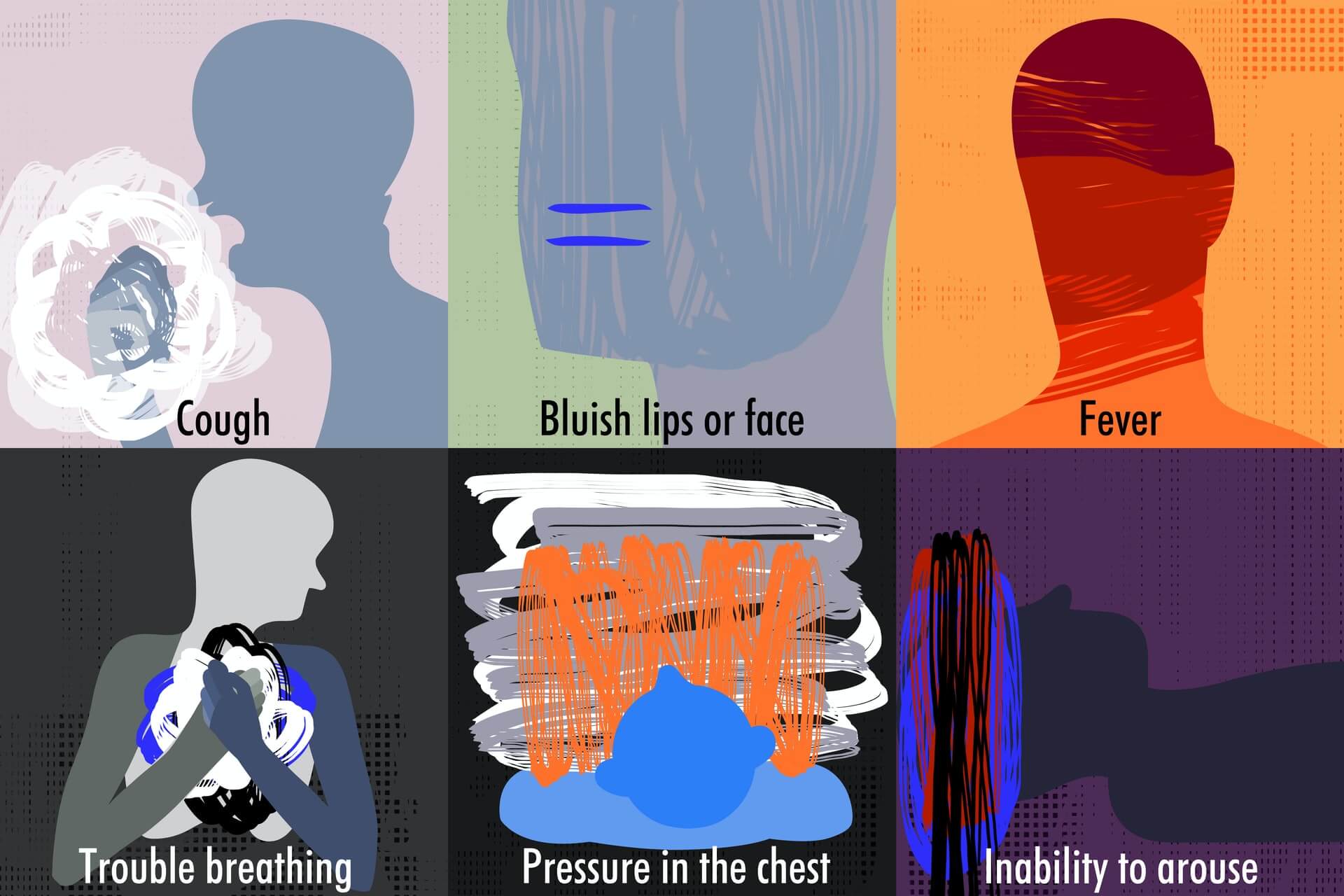Immunization
Failure to provide proof of having received all United Nations-mandated immunizations
Skin problems
An active skin disease such as eczema or widespread psoriasis
Chest
- Asthma, strong asthma-like symptoms or treatment for related illnesses within the last four years
- Chronic lung diseases such as emphysema, bronchiectasis or cystic fibrosis
- Active tuberculosis
Any known heart disease
- Hypertension not controlled with medication
- Recent episodes necessitating emergency room visits or closely monitored follow-up care
- Pacemakers
- Conditions requiring anticoagulants
- Coronary heart diseases
Back problems
- Spinal surgery (including internal fixation or fusion)
- Recurrent lower back pain
History of cancer
On palliative treatment, but have a requirement for periodic monitoring every six months or less
Bone and joint problems
- Meniscectomy (knee cartilage operation) within the last year
- Lower limb fractures with internal fixation (metalwork) still in place
- Loss of a limb
- Complete loss of a thumb or big toe
- Clubfoot (including past surgery)
- Chronic joint diseases such as ankylosing spondylitis, psoriatic arthritis, rheumatoid arthritis or gout
- Reiter’s disease within the last five years
- Osteochondritis dissecans
Other conditions
- Loss of spleen (splenectomy)
- Having received transplanted organs
- Severe allergic reactions or anaphylaxis
- Severe nut allergy
- Circulation problems such as Raynaud’s phenomenon
- Insulin dependent diabetes
- Diseases requiring long-term medication, continuous monitoring or replacement therapy such as endocrine diseases
- Known allergy to or intolerance of antimalarial medication;
- Any immunocompromised condition, including AIDS
- History of being hepatitis B or C carrier
- Cholera
Eye disorders
- Chronic eye diseases such as glaucoma, keratoconus and retinitis pigmentosa
- Surgery for a squint within the last six months
- Corneal problems such as a corneal graft or recurrent corneal ulcers
- Loss or dislocation of an eye lens
- Cataract or cataract surgery
- Detached retina
Chronic medical conditions
- Regular medication(s) and where maintenance medication is of such toxicity as to require frequent clinical and laboratory follow up; or
- Where the chronic medical condition requires frequent follow up that cannot be delayed for the duration of the tour, e.g. malignant tumours.
Ear disorders
- Current perforation of ear drum
- Chronic ear diseases such as cholesteatoma
- Presence of eardrum ‘grommets’
Kidney diseases
- Chronic nephritis and urolithiasis
- Polycystic kidney disease or kidney stones
- Donation of a kidney within the last two years
- Kidney disease within the last two years
Abdominal Disorders
Chronic abdominal diseases such as Crohn’s Disease or ulcerative colitis
Pregnancy
Pregnant peacekeepers will be repatriated at the end the fifth month of gestation, to ensure that the health and wellbeing of the peacekeeper and her child is not put at risk.
Neurological disorders
- Epilepsy or more than one seizure or fit after the age of five
- Any seizure or fit within the last 10 years
- Multiple sclerosis
Psychiatric conditions
- Schizophrenia
- Obsessive-compulsive disorder
- Alcohol or drug dependence
- Post-traumatic stress disorder
Blood diseases
- Sickle cell anaemia
- Congenital spherocytosis
- Thalassemia
- AIDS
- Being a carrier of hepatitis B or C
- Past history of leukaemia or malignant lymphoma. Must be disease, treatment and review free for five years
Source: Medical Support Manual for United Nations Field Mission, 3rd Edition (2015)




To Whom It May Concern,
Were these rules always in place? I wasn’t aware that at the end of the 5th month of pregnancy female peacekeepers were to be repatriated for their safety and that of their unborn child. In 2004, I was in the peacekeeping mission ONUCI until my sixth month of pregnancy and when the security situation was unstable in Cote d’Ivoire. We were stuck indoors for 11 days due to the unstable security situation. Only when it was decided later to evacuate staff was I evacuated along with other staff to Ghana. It was a very scary time. I am now on disability for being in too many war zones.
Another colleague in Afghanistan was allowed to complete her entire pregnancy in her home country due to security reasons. What exactly is the rule for pregnant peacekeepers?
I would suggest that the colleague’s situation be the rule of thumb rather than my situation.
Sincerely,
Gabrielle Dennis
Hello Gabrielle,
For medical issues related to peacekeeping missions we follow Medical Support Manual for United Nations Peacekeeping Operations/Field Missions. These conditions are listed under the title: “Medical conditions precluding participation in peacekeeping operations”.
The 1999 manual (2nd edition) hasn’t mentioned anything related to pregnancy under this title. But under the heading of repatriation, it has been mentioned that: “Pregnant women should be repatriated by the end of the
fifth month of gestation”.
The 2015 manual (3rd edition) has mentioned the same under the heading of conditions precluding participation. It is clearly stated as: “Pregnant peacekeepers will be repatriated at the end the fifth month of gestation, to ensure that the health and wellbeing of the peacekeeper and her child is not put at risk”. And the same is stated under the heading of medical repatriation as: “Uniformed pregnant women should be repatriated by the end of the fifth month of gestation.”
So, this was there at-least since 1999. I couldn’t find the 1st edition which was published in 1995. But, I believe much of repatriation process is in the hands of United Nations Clinic and New York.